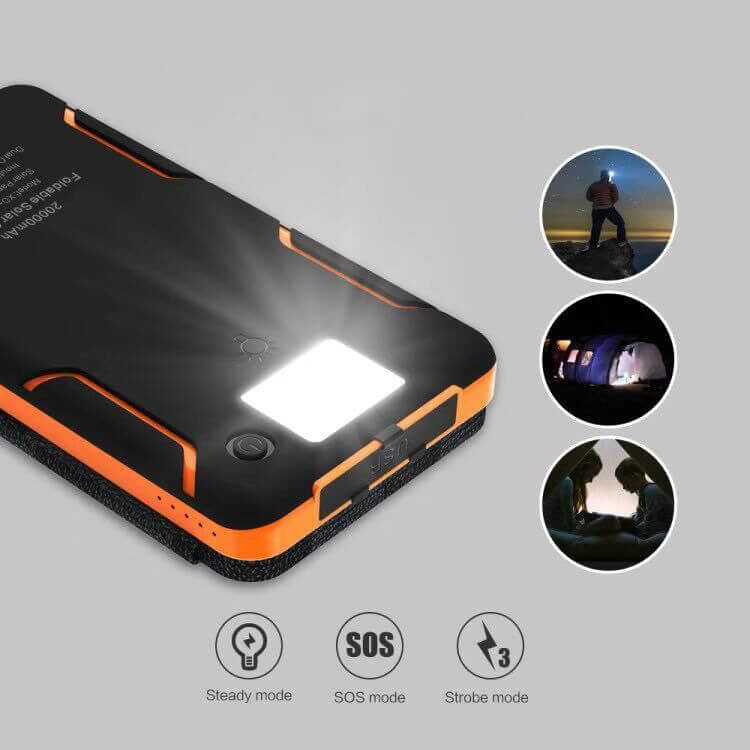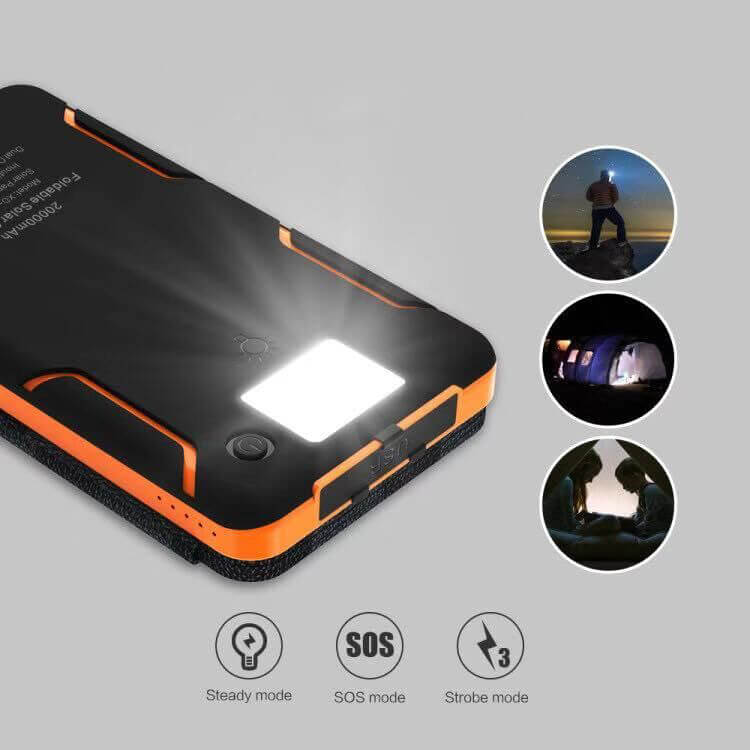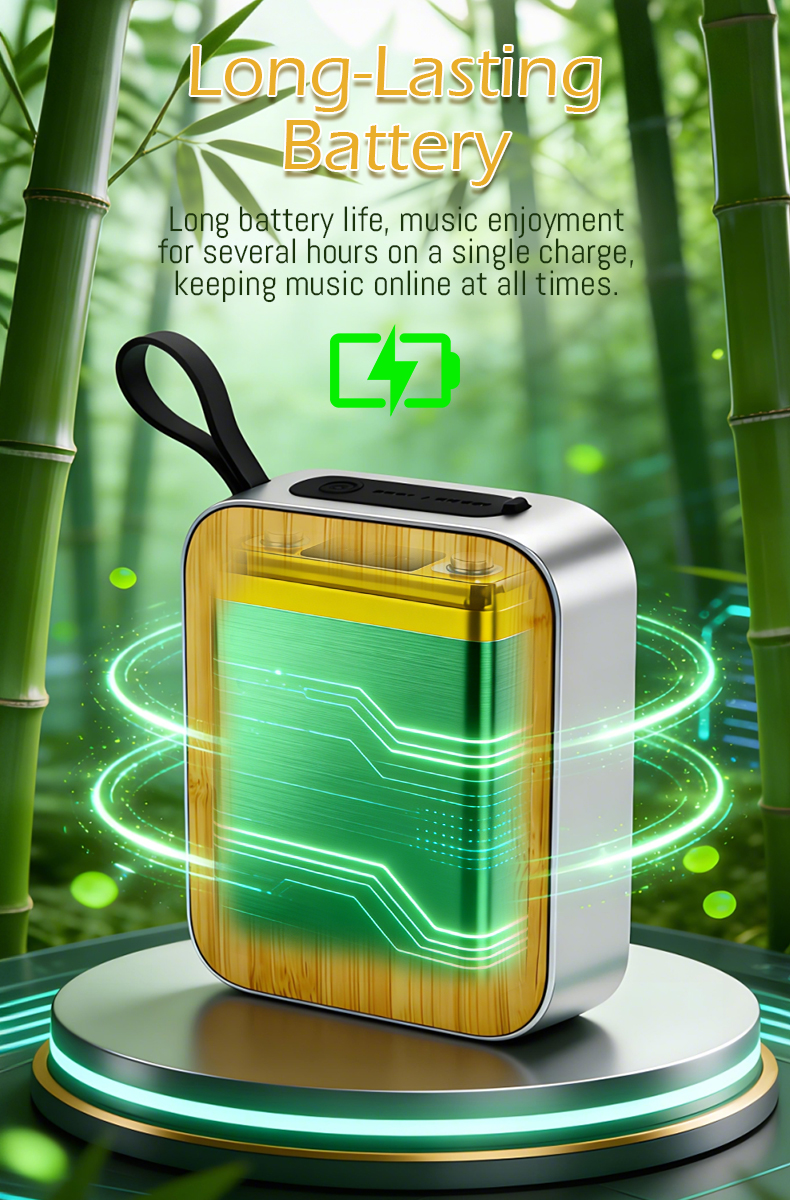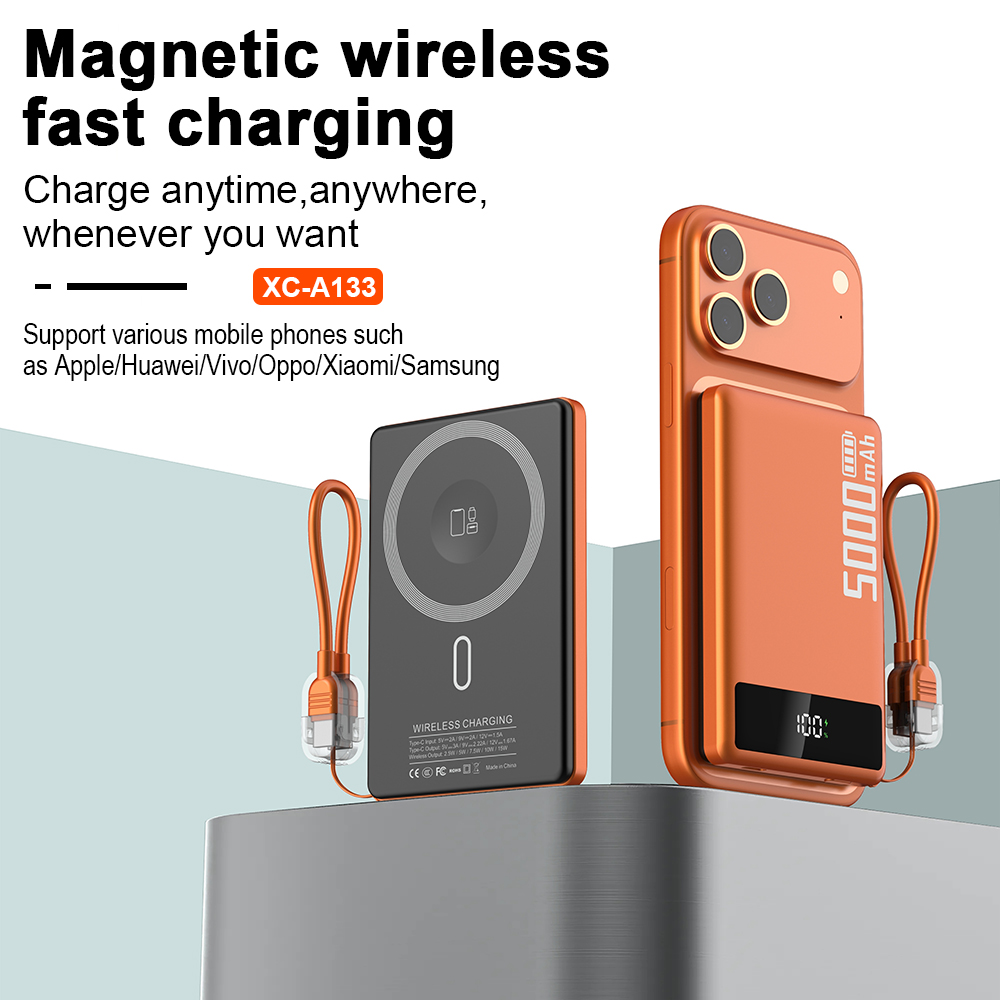Solar Charger


A solar charger is an innovative device that harnesses the power of the sun to charge electronic devices, providing a sustainable and convenient solution for powering our gadgets on the go. With the increasing demand for renewable energy sources, solar chargers have gained popularity due to their environmental friendliness and accessibility. In this article, we will explore the various aspects of solar chargers, including their benefits, functionality, and applications.
The Benefits of Solar Chargers
Solar chargers offer numerous advantages over traditional charging methods:
1. Environmentally Friendly: Solar chargers utilize clean and renewable solar energy to generate electricity, reducing the dependency on fossil fuels and minimizing the carbon footprint. By opting for a solar charger, you contribute to a greener and more sustainable future.
2. Cost-effective: Once you invest in a solar charger, the sun's energy is free. Over time, using solar power to charge your devices can significantly lower or eliminate your electricity bills, saving you money in the long run.
3. Portable and Convenient: Solar chargers come in various sizes and designs, making them highly portable. Whether you are hiking, camping, or traveling, you can easily carry a solar charger to power up your smartphones, tablets, or other electronic devices without worrying about finding a power outlet.
How Solar Chargers Work
Solar chargers utilize photovoltaic (PV) cells, also known as solar cells, to convert sunlight into electricity. Here's a simplified explanation of the process:
1. Sunlight Capture: The solar charger's solar panels are exposed to sunlight. The panels are made up of multiple PV cells, which contain semiconductor materials that can absorb photons from sunlight.
2. Electron Excitation: When photons are absorbed by the semiconductor material, electrons within the cells gain energy and become excited. This energy allows them to move freely in the material.
3. Electricity Generation: The movement of excited electrons creates an electric current. This direct current (DC) is then transferred to a built-in battery or directly supplied to the connected device. Some solar chargers also have a USB port, enabling you to store excess energy for later use or charge additional devices.
Applications of Solar Chargers
Solar chargers have a wide range of applications in our daily lives:
1. Outdoor Adventures: Solar chargers are a must-have for outdoor enthusiasts, providing a reliable power source for charging smartphones, cameras, GPS devices, and even portable speakers during camping, hiking, or backpacking trips.
2. Emergency Preparedness: During unforeseen power outages or natural disasters, solar chargers can be a lifesaver. They ensure that you stay connected by charging essential communication devices like radios or keeping your phones powered for emergency calls.
3. Sustainable Living: Solar chargers promote sustainable living by enabling you to charge your electronic devices with clean energy. They are an ideal solution for individuals or communities striving to reduce their dependence on conventional power sources.
In conclusion, solar chargers provide a renewable energy solution that combines convenience, sustainability, and cost-effectiveness. By harnessing the power of the sun, solar chargers contribute to a cleaner and greener future while ensuring that our devices stay powered, even when on the move.




